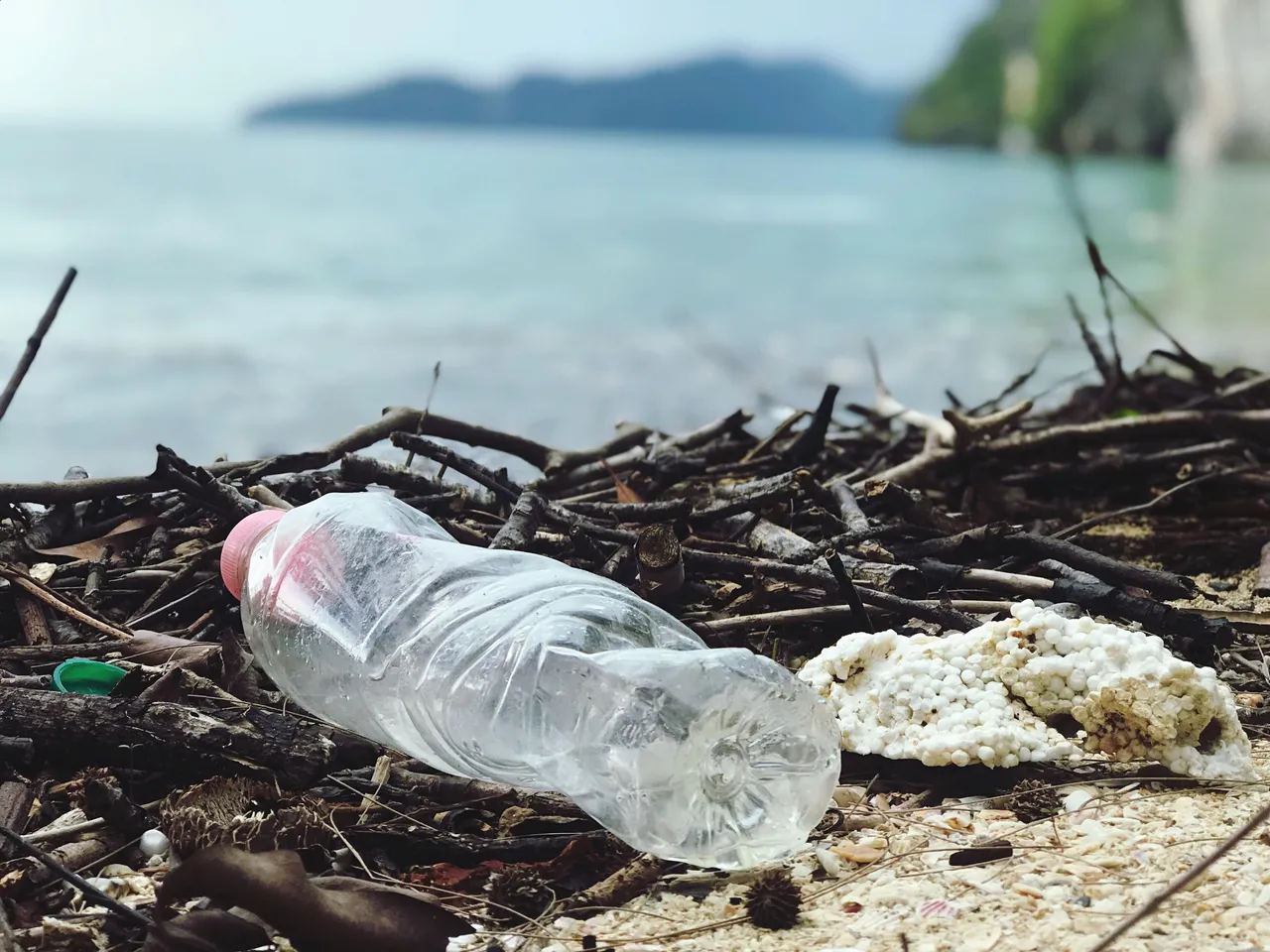
https://www.pexels.com/photo/a-disposable-can-on-the-beach-sand-9681711/
Freshwater microplastics can operate as a virus carrier, allowing the virus to keep replicating even after being in contact with the microplastics for several days. Newly released research shows that humans can ingest these microplastics, raising serious health risks.
For the first time, researchers have shown that viruses may survive and remain infectious by binding themselves to plastics in freshwater, even as the world continues to reel from the deadly impacts of the coronavirus pandemic. This discovery is being made as the world is still feeling the consequences of the deadly coronavirus pandemic. Possible adverse consequences on human health are cause for grave concern, as highlighted by the results of this recent study.
They found that the rotavirus, the cause of diarrhoea, can attach itself to the surfaces of microplastics, which are extremely minute beads of plastic debris, and survive in lake water for up to three days. These microplastics are so small that a swimmer may easily ingest them without realizing it.
Infectious virus particles were recovered from biofilm colonizing microplastics, and the interaction between the microplastics and the biofilm resulted in increased virus survival compared to the water phase, according to the study published in ScienceDirect.
This is the first study of its sort, and it is being led by researchers from the University of Stirling, which investigates the question of whether or not it is ethical to use water that has been taken from its natural sources.
In spite of the best efforts of wastewater treatment facilities, microplastics can be found in the water that is ultimately released into the environment. As the river continues to flow, these microplastics enter the estuary and eventually wash up on the shore. Professor Richard Quilliam, the project's lead researcher, described in a press release as saying, "We weren't sure how well viruses could live by 'hitch-hiking' on plastic in the environment, but they do survive, and they do remain infectious."
Researchers looked at two types of viruses: those that have an envelope (sometimes called a "lipid coat"), like the influenza virus (they studied bacteriophage Phi6), and those that do not (such as rotaviruses and noroviruses) (they tested rotavirus strain SA11). Those lacking an envelope were the ones to survive by binding to the microplastics. However, among those that did possess an envelope, it quickly disintegrated, rendering the virus dormant.
Smaller plastic particles, or "microplastics," are created when bigger plastic waste in the ocean is eroded and shattered by water and sunlight. It is challenging to track down and eradicate these small particles because ocean currents can transport them hundreds or even thousands of kilometres from their point of origin.
Microplastics, like other forms of plastic, are not biodegradable and can take hundreds of years to decompose in the environment. When researchers discovered these tiny plastic fragments in people's blood, it was a shocking discovery that sparked widespread health concerns and highlighted the devastating power of plastics around the world.
Not only have they been accountable for invading human territory, but they have also been responsible for entering the Mariana Trench and even Mount Everest. The majority of this microplastic, according to the researchers, originated from different types of packaging, and although its effects on human health are currently being investigated in greater depth, the fact that it may be found in such unexpected locations is startling.
That brings us to the conclusion. I want to express my gratitude to you for taking the time to read this post, and I pray that God will richly reward you.

References
•“Viruses Can Survive in Freshwater by Hitch-Hiking on Plastics - SCIENCE News.” India Today, 29 June 2022, www.indiatoday.in/science/story/viruses-can-survive-in-freshwater-by-hitch-hiking-on-plastics-1968082-2022-06-29.
•“Study: Viruses Can Survive on Microplastics in Freshwater.” Smart Water Magazine, 28 June 2022, www.google.com/amp/s/smartwatermagazine.com/news/university-stirling/study-viruses-can-survive-microplastics-freshwater%3famp.
•Pioneer, The. “‘Rotavirus Survives for up to 3 Days in Lake Water.’” The Pioneer, 6 Sept. 2022, www.dailypioneer.com/2022/india/---rotavirus-survives-for-up-to-3-days-in-lake-water---.html.
•Desk, Online. “Viruses Can Survive in Freshwater by Hitch-Hiking on Plastics.” Viruses Can Survive in Freshwater by Hitch-Hiking on Plastics, 30 June 2022, www.google.com/amp/s/www.dtnext.in/amp/story/wellbeing/2022/06/30/viruses-can-survive-in-freshwater-by-hitch-hiking-on-plastics.


